AFRO e-News (2020.11)
The workshops will be conducted in two phases. At the first workshop (16/11), sex workers will be sharing their professional life in person, allowing participants to have a more well-rounded understanding of sex work, and at the second workshop (23/11), Dr. Winnie Yuen will share, from the perspective of narrative therapy, on how to motivate female sex workers to address drug use issue. We believe that the workshops will enhance participants' knowledge of the sex industry and dissolve related myths.
In order to enhance understanding of those who have the opportunity to come into contact with female sex workers in Hong Kong on sex workers' situation and raise awareness of the drug use problems that they may face, AFRO will hold 2 professional training workshops at The Center from 3 pm to 5:30 pm on 16 November and 23 November 2020 (also available online).
Members of the public are welcome to join. For enquiry, please call 27701065 or click here for event details in Chinese.

The two social work interns of AFRO have prepared a series of fun activities for fellow sisters. There are yoga, hiking, artistic creation, etc. You can meet new friends and get to know yourself better while relaxing. We will also have a day trip to Cheung Chau on 12 November. Interested fellow sisters please contact us for more details.
Enquiry and registration: 2770 1002 (phone); 9669 8108 (WhatsApp).
With the support of the Beat Drugs Fund, AFRO shared with a group of social work students of Hong Kong Community College at PolyU Hung Hom Bay campus on 19 October, about the changes in sex work in Hong Kong and drug-related issues. Fellow sister Feifei also joined the workshop and shared with the students. With that the students could have a more thorough and well-rounded understanding of the situation of sex workers in Hong Kong. The students cherished the face-to-face exchange, a rare opportunity during the pandemic, with Feifei and the AFRO colleague that day.
If any organisation or institution is interested in conducting relevant professional training, please contact us at contact@afro.org.hk
AFRO's News Reading

(Consumer Council, 2020.10.15)
Proper use of condoms is not only for contraception but can also prevent HIV and other sexually transmitted diseases. In a latest test conducted by the Consumer Council, the 30 condom products manufactured by 9 brands had all performed satisfactorily in their overall physical capabilities. All models passed the leakage, bursting volume and bursting pressure tests. In recent years, many brands promoted the “thinness” of their products heavily, but the test findings showed that their thickness could differ as high as by 4 times... Read more
AFRO's Comments:
Condoms are essential for the work and the health of fellow sisters, not only for contraception, but also for the prevention of HIV sexually transmitted infections. You must be familiar with the correct way to use a condom, but do you know whether the condoms are really safe? Are condoms with the claim 'ultrathin' really thinner than other condoms? Is there health risk associated with condom use?
In fact, the claims such as 'ultrathin' and '0.01' are merely for promotion purposes and do not reflect the true thickness. Although all condoms are within the standard limits, some were found to leak or burst. Safety precautions should be taken, for example, inspecting the condition of packaging and the expiry date, storing condoms at shaded places, not letting fingernails or rings damage the condom, not using oil-based lubricants etc. Moreover, N-nitrosamines, agents classified probably or possibly carcinogenic to human, were detected in a few models. Even though the risk of causing tumours is low, fellow sisters should take note of this as well.

Support AFRO
Mar 08, 2022
AFRO e-News (2025.01-12)
Aug 22, 2025
AFRO e-News (2024.01-12)
Apr 18, 2024
AFRO e-News (2023.01-12)
May 18, 2023
AFRO e-News (2022.01-12)
Sep 26, 2022
AFRO e-News (2021.01-12)
Dec 31, 2021
AFRO e-News (2020.01-12)
Dec 31, 2020
AFRO e-News (2019.01-12)
Dec 31, 2019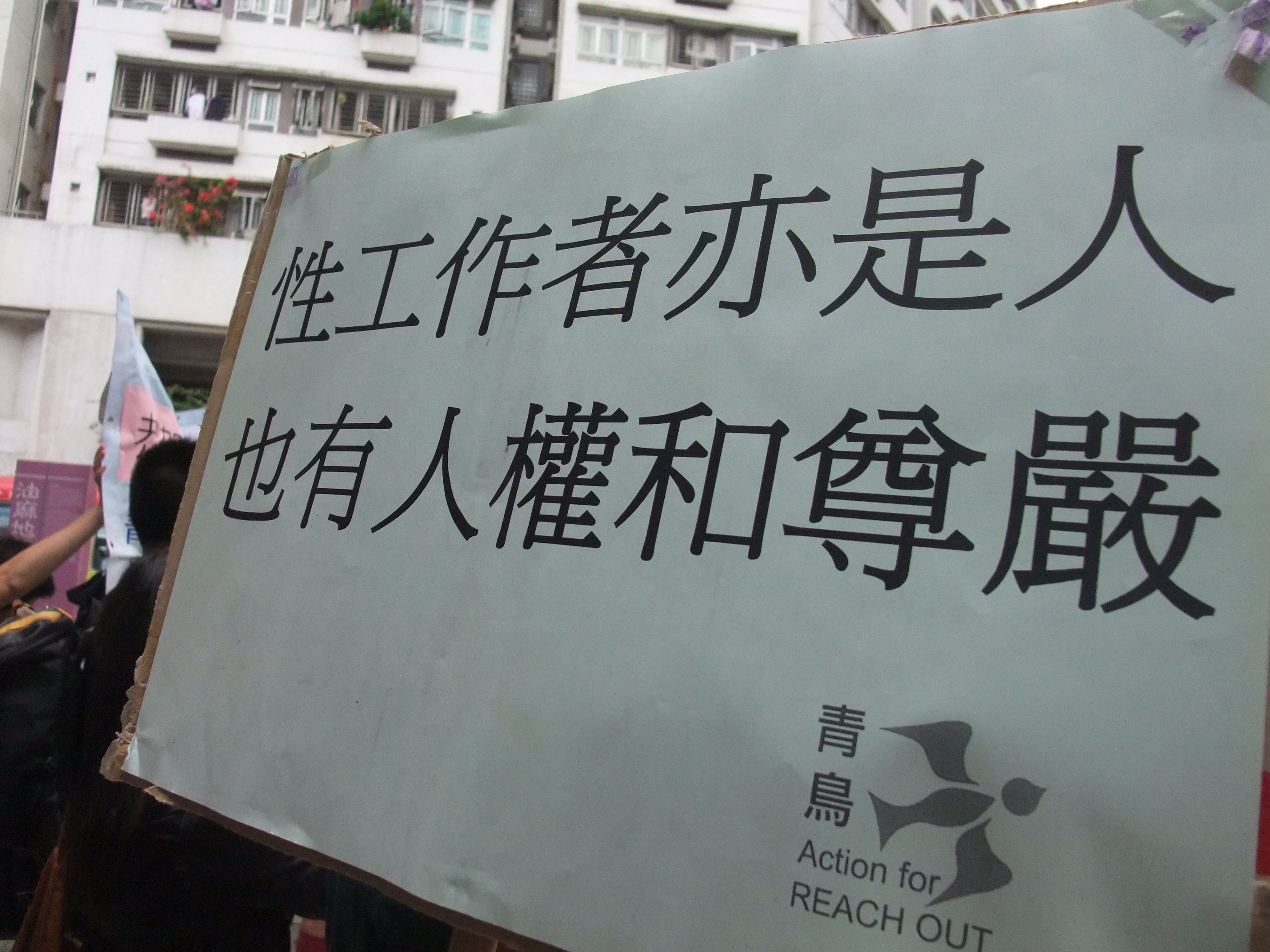
AFRO e-News (2018.01-12)
Dec 31, 2018
AFRO e-News (2021.11)
Nov 24, 2021
AFRO e-News (2021.10)
Nov 18, 2021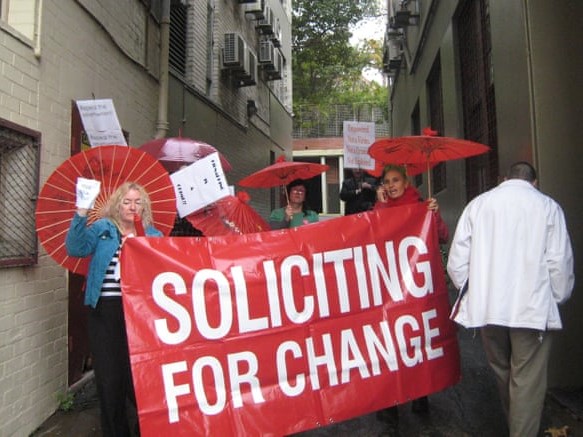
AFRO e-News (2021.09)
Sep 17, 2021
AFRO e-News (2021.08)
Aug 18, 2021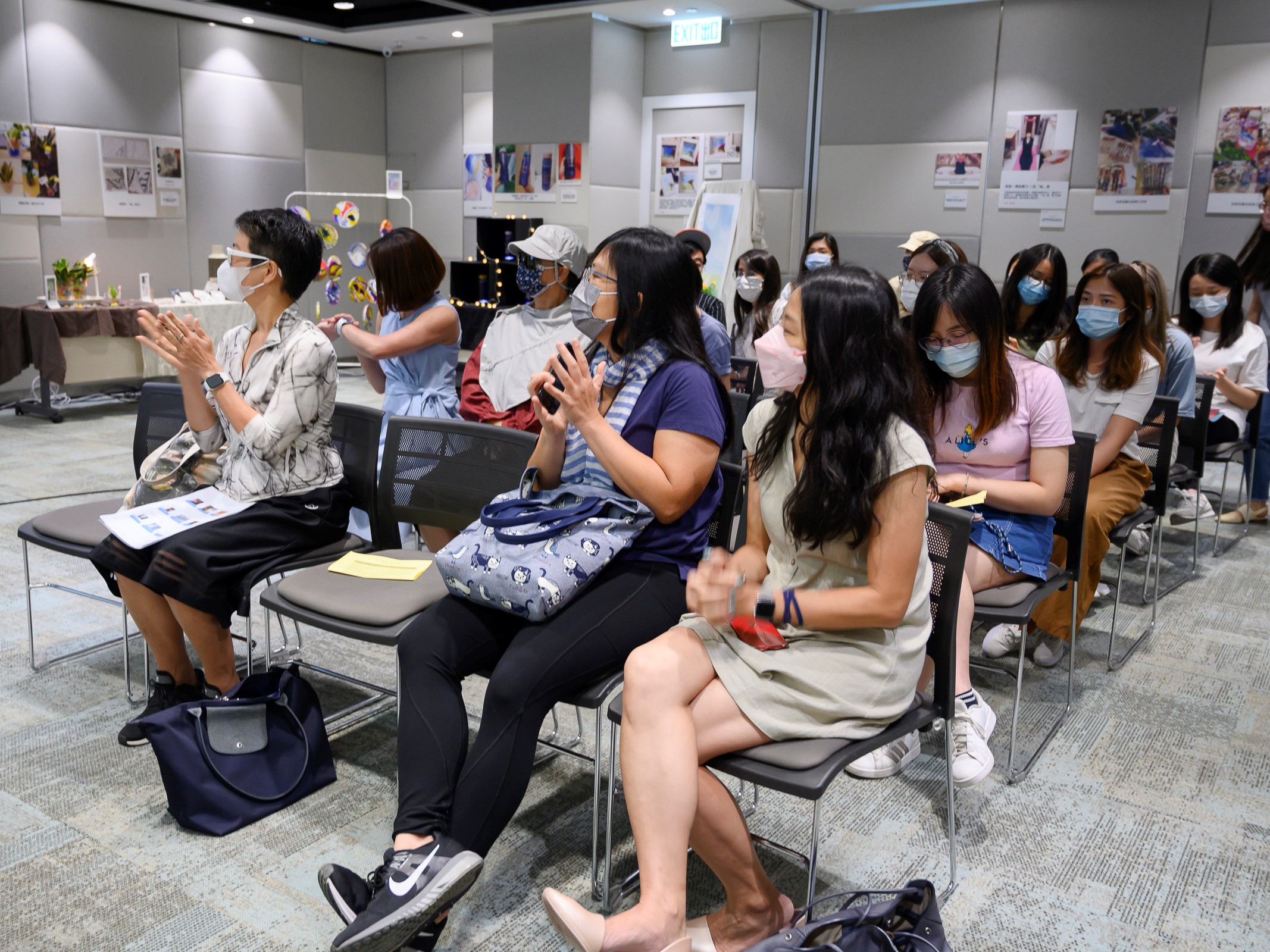
AFRO e-News (2021.07)
Aug 18, 2021
AFRO e-News (2021.06)
Jun 23, 2021
AFRO e-News (2021.05)
May 26, 2021
AFRO e-News (2021.04)
Apr 14, 2021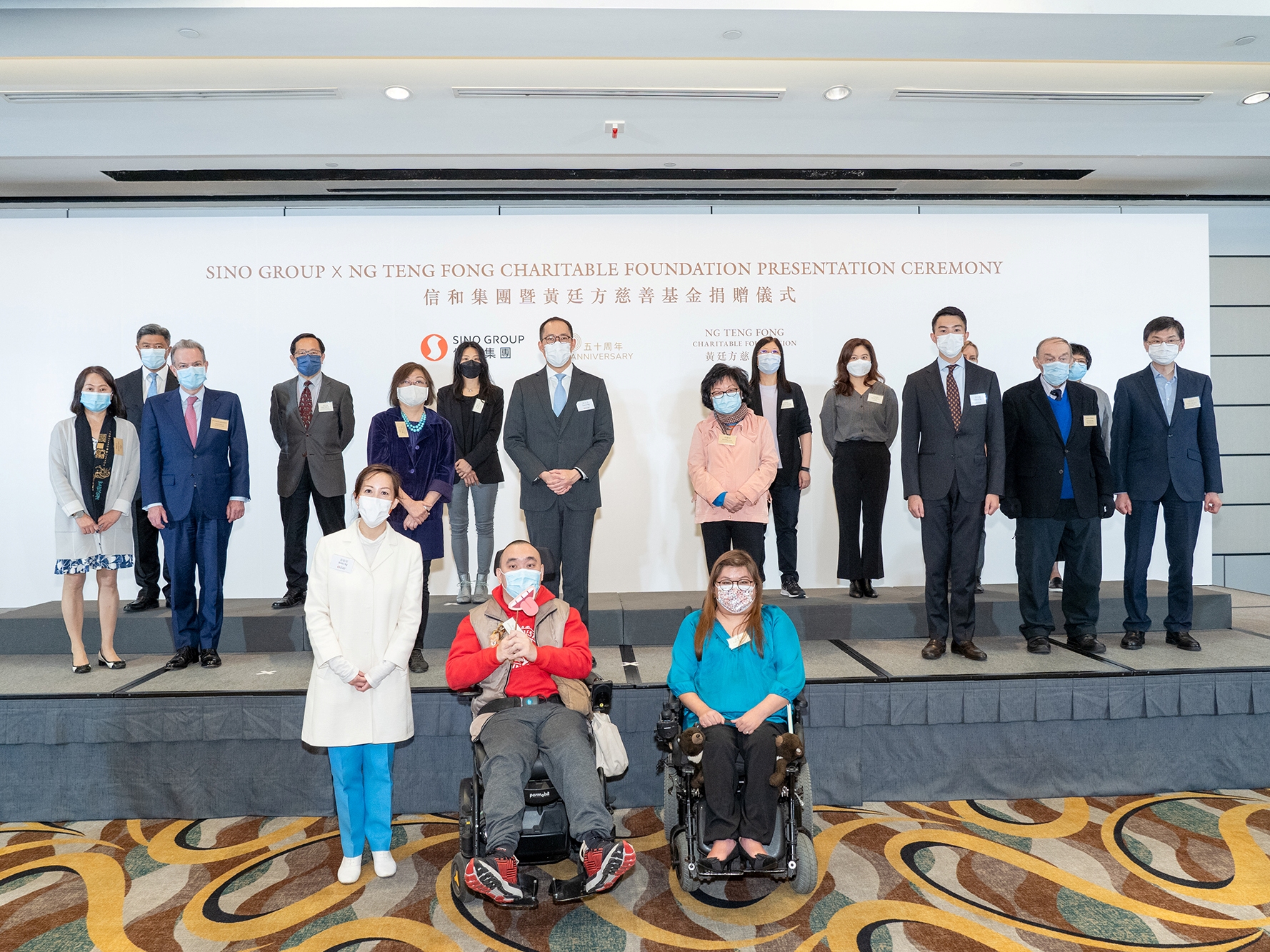
AFRO e-News (2021.03)
Mar 16, 2021
AFRO e-News (2021.02)
Feb 17, 2021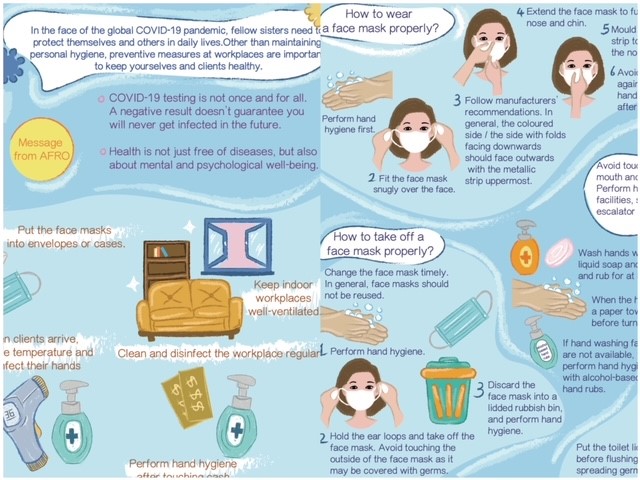
AFRO e-News (2021.01)
Jan 19, 2021
AFRO e-News (2020.12)
Dec 03, 2020
AFRO e-News (2020.10)
Oct 09, 2020
AFRO e-News (2020.09)
Sep 09, 2020
AFRO e-News (2020.08)
Aug 03, 2020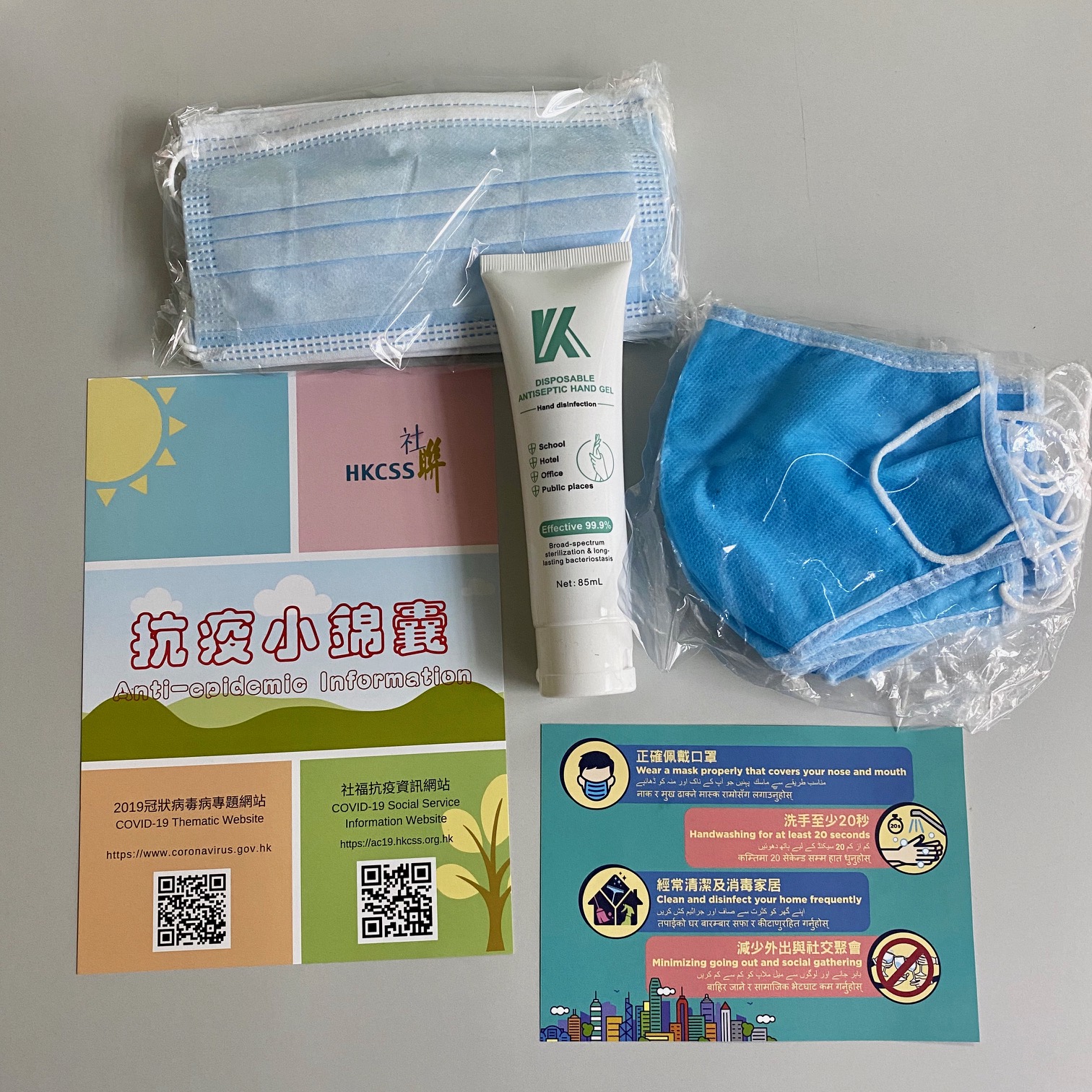
AFRO e-News (2020.07)
Jul 03, 2020